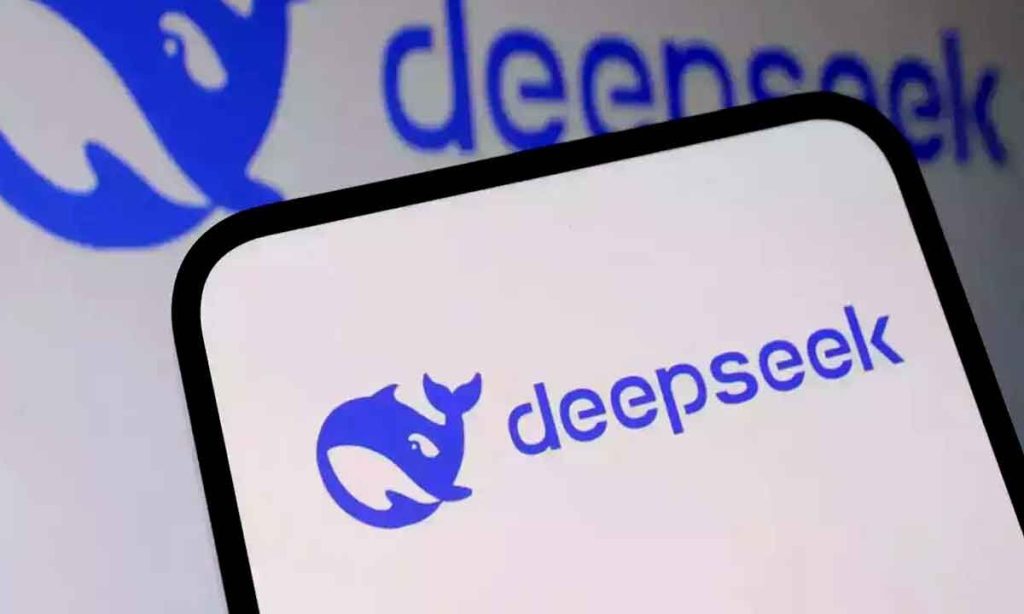Germany’s data protection commissioner has formally requested Apple and Google to remove Chinese AI chatbot DeepSeek from their app stores, citing concerns over illegal transfer of user data to China.
Meike Kamp, the country’s commissioner for data protection, stated on Friday that DeepSeek failed to prove it safeguards German users’ personal information at a level consistent with EU privacy standards. According to its own privacy policy, the company stores user queries and uploaded files on servers located in China.
“Chinese authorities have sweeping access rights to personal data held by Chinese companies,” said Kamp. She emphasized that DeepSeek had been given an opportunity in May to comply with EU data transfer regulations or voluntarily withdraw its app—neither of which it followed through on.
In response, Google confirmed receipt of the notice and said it was reviewing the request. Apple has yet to comment. DeepSeek also did not respond to media inquiries.
The move comes amid growing global scrutiny of DeepSeek, which made headlines in January by claiming to have developed a low-cost AI model competitive with ChatGPT. While the announcement stirred interest, regulators in the EU and U.S. have since raised red flags about its data handling.
Earlier this year, Italy blocked DeepSeek from app stores due to insufficient transparency around personal data use. The Netherlands banned it on government devices, and Belgium advised officials to avoid the app pending further investigation. Spain’s OCU consumer group has requested a national probe, while the UK government has called its use a personal choice but is monitoring potential security risks.
Meanwhile, U.S. lawmakers are preparing legislation that would bar federal agencies from using Chinese-developed AI, with a recent Reuters report alleging DeepSeek’s involvement in Chinese military and intelligence operations.
Germany’s demand marks another blow to the Chinese firm’s global credibility as governments become increasingly wary of foreign AI platforms and their data governance practices.

